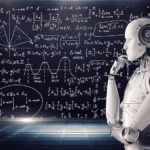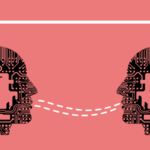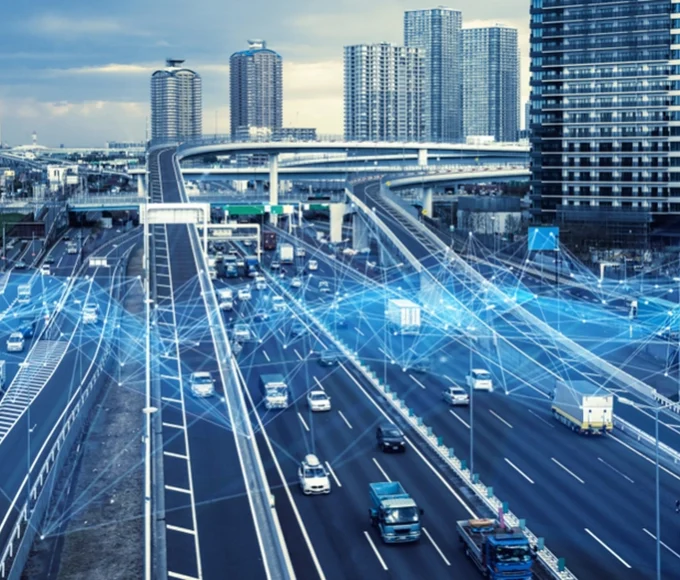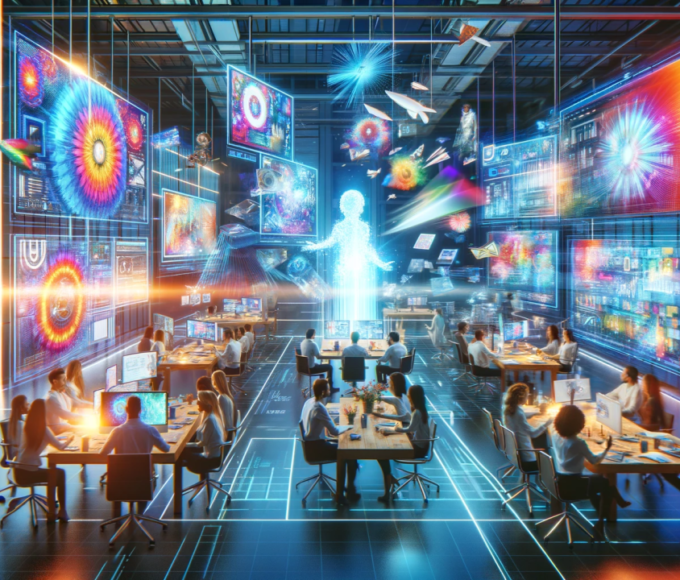Artificial Intelligence (AI) has emerged as a transformative force in various industries, and its impact on healthcare is particularly revolutionary. In India, where the healthcare system faces challenges such as a large population, limited resources, and geographical disparities, AI is playing a crucial role in revolutionizing medical diagnosis and treatment. This article explores the ways in which AI is reshaping healthcare in India, improving efficiency, accuracy, and accessibility.
Early Disease Detection and Diagnosis:
One of the significant contributions of AI in healthcare is its ability to assist in early disease detection and diagnosis. AI algorithms analyse vast datasets, including medical records, imaging, and genetic information, to identify patterns that may be indicative of diseases such as cancer, diabetes, and cardiovascular disorders. In India, where a timely diagnosis can be a challenge due to the high patient load, AI is proving invaluable in providing rapid and accurate assessments.
Radiology and Imaging:
AI is making a substantial impact in the field of radiology and medical imaging. Computer vision algorithms can analyse medical images, such as X-rays, CT scans, and MRIs, to detect abnormalities and assist radiologists in their diagnosis. In a country like India, where there is a shortage of skilled radiologists, AI-enhanced diagnostics can significantly improve the efficiency of healthcare services, particularly in remote and underserved areas.
Personalized Treatment Plans:
AI is enabling the development of personalized treatment plans based on individual patient data. Machine learning algorithms analyse patient records, genetic information, and treatment outcomes to tailor medical interventions to the specific needs of each patient. This not only improves the efficacy of treatments but also minimizes adverse effects, contributing to better overall healthcare outcomes.
Telemedicine and Remote Patient Monitoring:
In a vast and diverse country like India, where access to healthcare facilities can be a challenge in rural areas, AI is facilitating the growth of telemedicine. Virtual consultations and remote patient monitoring systems powered by AI allow healthcare professionals to reach patients in remote locations. AI algorithms can analyse real-time health data, providing valuable insights and enabling timely interventions, thus bridging the healthcare gap between urban and rural areas.
Drug Discovery and Development:
AI is accelerating the drug discovery and development process in India. By analysing vast datasets related to molecular structures, biological pathways, and clinical trial outcomes, AI algorithms can identify potential drug candidates more efficiently than traditional methods. This has the potential to significantly reduce the time and cost involved in bringing new medications to market, benefitting both patients and the pharmaceutical industry.
Enhancing Healthcare Management:
AI is not only transforming clinical aspects of healthcare but also improving healthcare management. AI-powered systems can optimize hospital operations, streamline administrative tasks, and improve resource allocation. This is particularly important in India, where healthcare infrastructure often faces challenges related to efficiency and resource utilization.
The integration of AI in healthcare is ushering in a new era of medical practice in India. By addressing challenges related to early diagnosis, personalized treatment, and accessibility to healthcare services, AI is playing a pivotal role in improving overall healthcare outcomes.
As technology continues to advance, the synergy between AI and healthcare in India is expected to further enhance the quality and reach of medical services, ultimately contributing to a healthier and more resilient population.
















Leave a comment